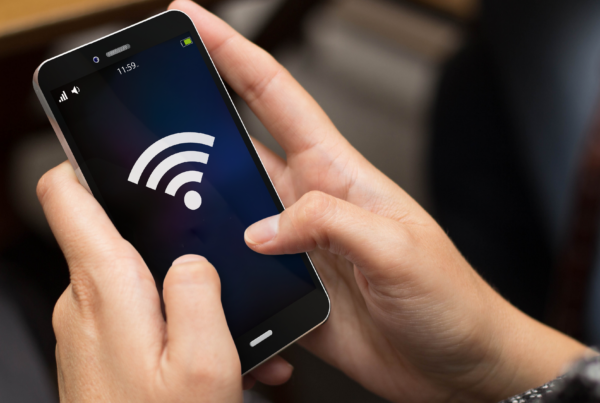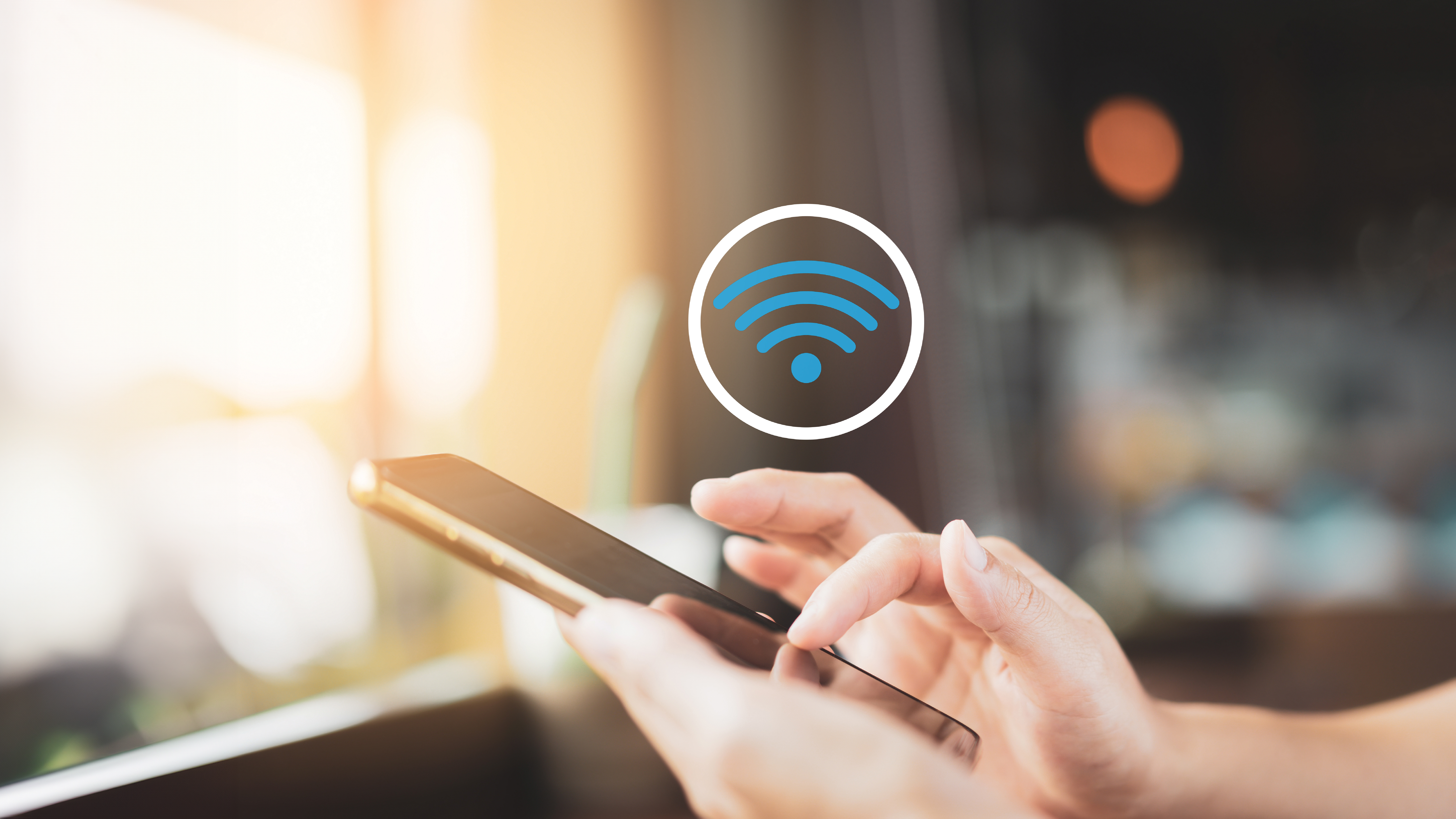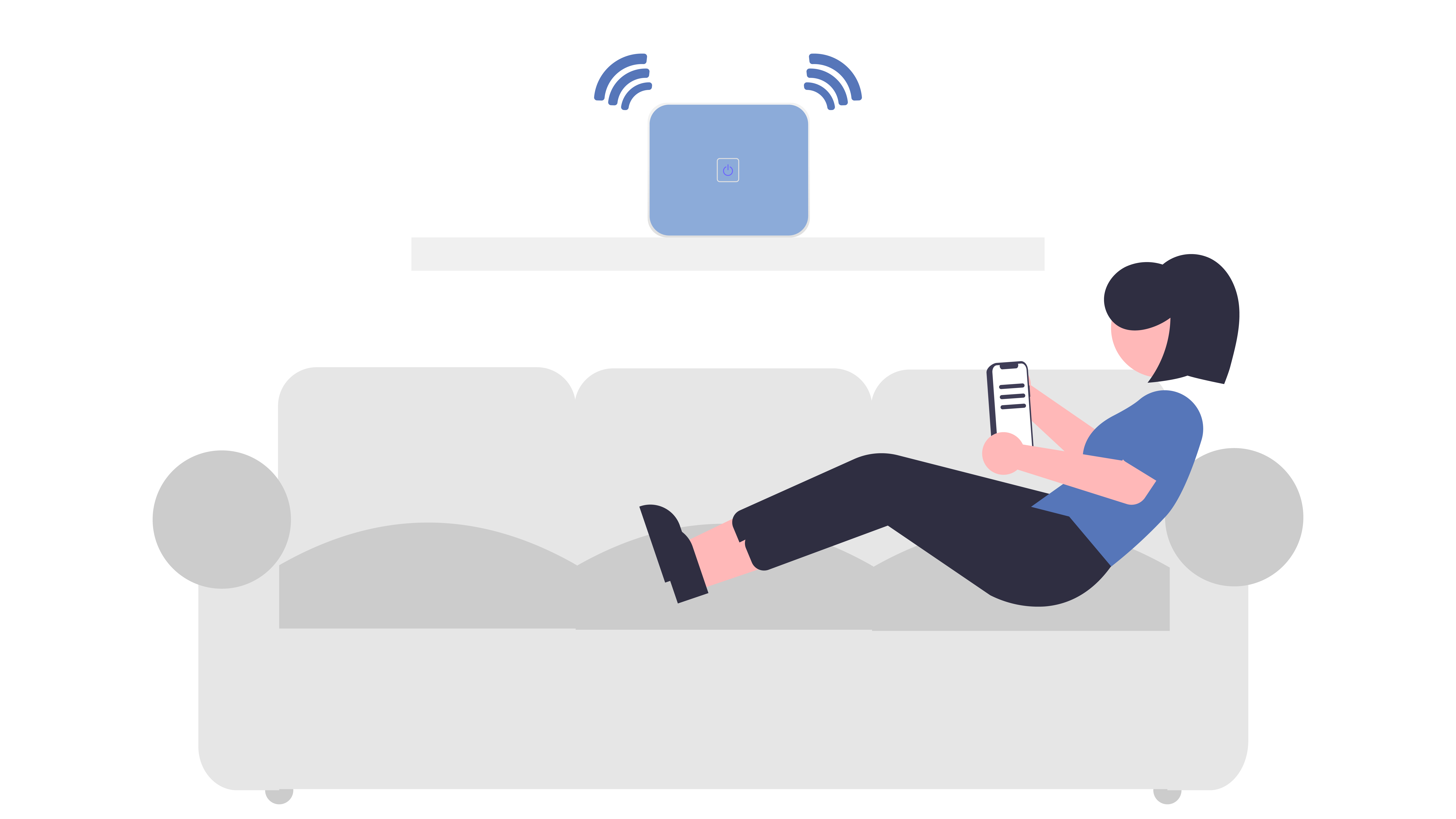
Here are five computer care myths that might be difficult to spot because they have a component of truth to them.
Taking care of your laptop or desktop computer is important if you want to prolong its life. There are certain things you should do to keep it running for a long time. For example, you should update your system and security software. You should also keep the computer cool and keep coffee, soda, and other liquids away from it. There are some things, though, that you don’t need to do, despite what you might read or hear.
You Need to Fully Drain Your Laptop Battery Before Recharging It
The notion that you need to fully drain a laptop or smartphone battery before recharging it to maximize battery life is one of the biggest computer myths. It is sown from seeds of truth, though. Older nickel-based rechargeable batteries can suffer from what is known as the “memory effect.” They gradually lose their maximum energy capacity when they are repeatedly recharged after being only partially discharged. The loss occurs because the battery “remembers” the smaller capacity.
The lithium-based batteries used in laptops and smartphones today do not suffer from the memory effect. They can be recharged whenever it is convenient for you.
Constantly Shutting Down and Restarting Your Computer Will Damage It
Computers with hard disk drives became popular in the 1980s. One pitfall of these old computers was that every time users shut down and restarted them, they ran the risk of scratching the hard disk, causing memory loss. Although the technology that caused this problem was fixed in the 1990s, the notion lingered.
Nowadays, it is one of the computer myths we hear a lot – frequently shutting down and restarting computers will damage them. Modern computers are built to handle 40,000 on-off cycles before failure, according to ENERGY STAR. That means if you shut down and restart your computer once a day every day, you won’t have to worry about problems for 109 years.
You Always Need to Use a Screensaver to Protect Your Computer Monitor from Damage
Screensavers were born from necessity. In the early days, computers typically came with CRT monitors. Computer users quickly discovered that static images could permanently burn in to the screen if the computer was left idle for too long. Screensavers were introduced to prevent this damage.
With normal usage, modern LCD and LED monitors do not have problems with permanent image burn-in. They can experience image persistence, but it is not permanent unless a monitor displays an image for an extremely long time (e.g., a fixed display set up by a business).
The bottom line is that if you are still using a CRT monitor, you need to use a screensaver. (You’ll also want to use one with plasma monitors, but they are uncommon.) However, if you are using an LCD or LED monitor, you likely do not need one. You might even want to avoid it. Screensavers can drain battery power and prevent monitors from going to sleep.
Do Not Put Anything Magnetic Next to Your Hard Drive
When people used 3.5-inch floppy disks to store computer data, they discovered that strong magnets could erase data on them. This led to the myth that magnets are dangerous to hard drives.
In reality, modern hard drives are not affected by the types of magnets you would normally find in an office or home. To erase a hard drive, you would need a very strong magnetic field, which can be found in devices known as degaussers that are designed specifically for bulk erasing hard drives. So, unless you put your hard drive inside a magnetic resonance imaging, or MRI, machine or under an electromagnet used to lift cars in junkyards, you should be okay.
Adding More Memory Will Always Makes Your Computer Run Faster
Adding more memory is a good way to give an older computer a boost. With newer systems, however, the benefits are less obvious since they already come with a lot of memory (4GB is common).
Even with older computers, whether the extra memory will make a noticeable difference depends on how you use your computer. For example, if you add memory to a computer on which you run many applications, you will likely notice a difference. You probably won’t notice much difference, though, if you run only one application at a time, unless that application is memory-intensive.
Want to know what makes a big difference in speed? Having an SSD Hard Drive (Solid State Drive); these work with a similar technology as used in USB flash drives and allow you to load data much faster than traditional spinning Hard Drives, they are more expensive but often it is fairly easy to replace your old drive with one of these. Contact us to find out if your computer is suitable and to book a technician.



